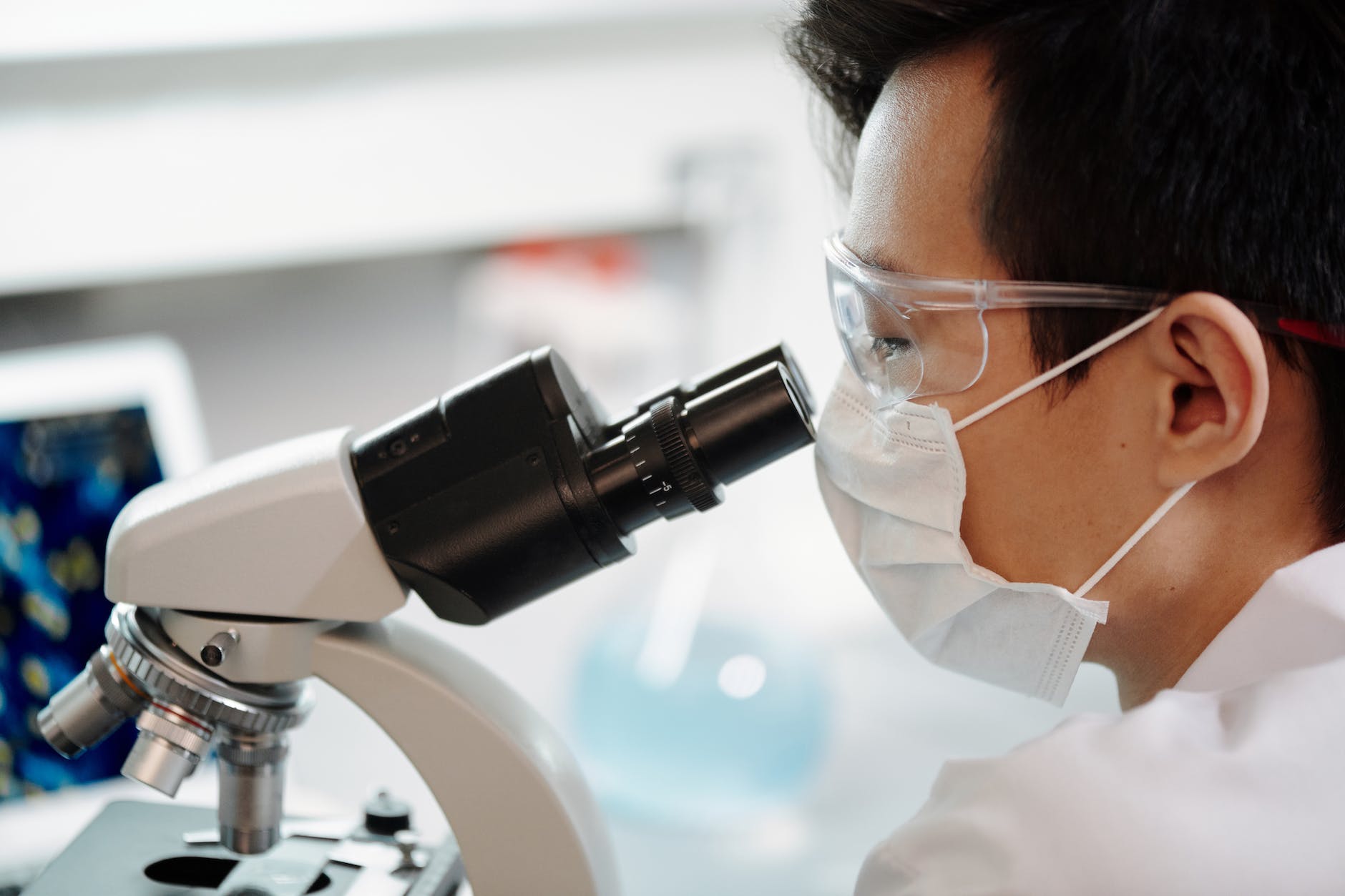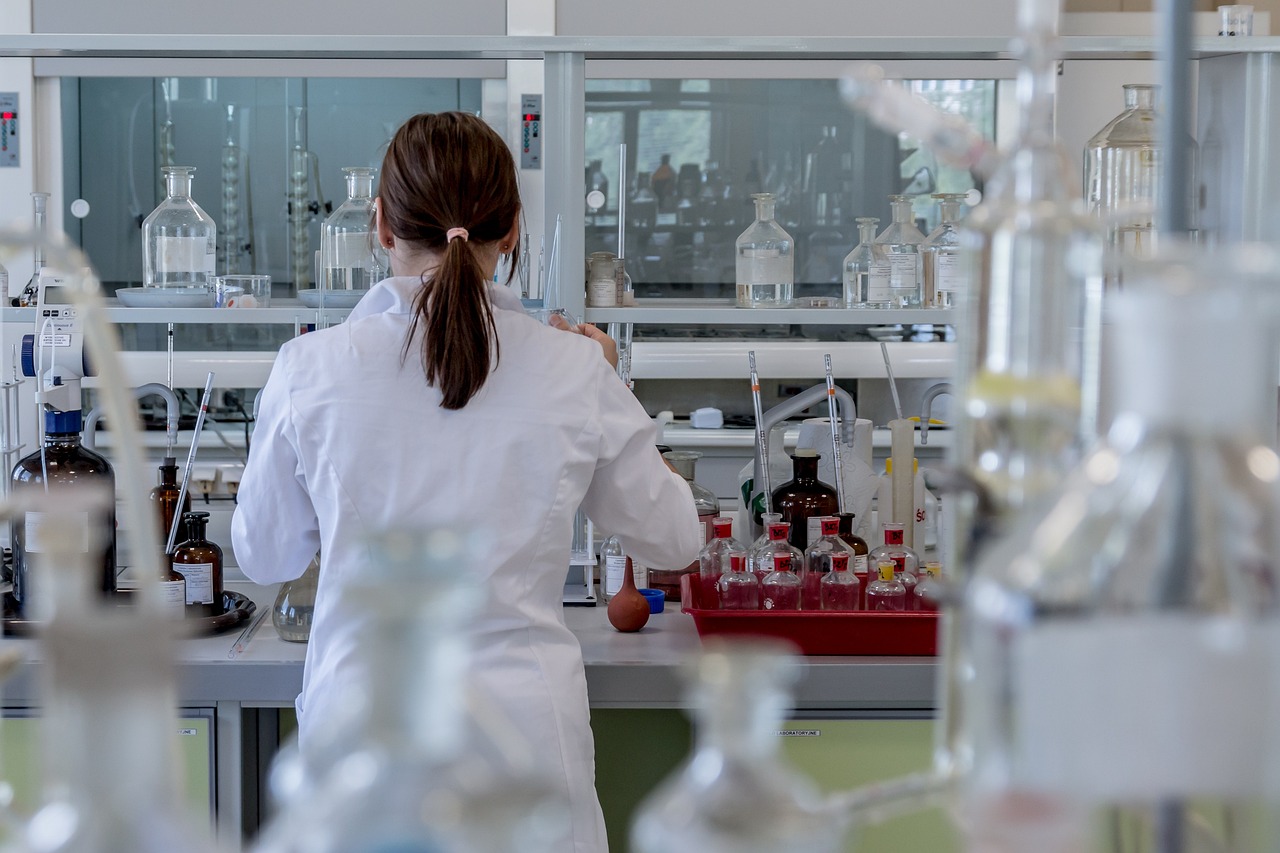Science News: Researchers Find Effects of Organic Compound on Drug Resistance Bacteria. In a new study published in the journal Nature, researchers have found that an organic compound can effectively kill drug-resistant bacteria. This is a significant finding, as drug resistance is one of the biggest threats to public health today.
The study was conducted by a team of researchers from the University of Melbourne and the Walter and Eliza Hall Institute. They found that the compound, which is called caprylamide, was able to kill bacteria that were resistant to multiple drugs. This is a major breakthrough in the fight against drug-resistant bacteria, and it could lead to new treatments for infections that are difficult to treat.
Drug resistance is a major problem in the medical field, as bacteria and other organisms become resistant to antibiotics and other drugs. This can lead to serious infections that are difficult to treat. Researchers are always looking for new ways to combat drug resistance, and a recent study has found that an organic compound may be able to help.
The study, conducted by researchers at the University of Missouri, looked at the effects of an organic compound called curcumin on drug-resistant bacteria. Curcumin is found in the spice turmeric, and has been shown to have antibacterial properties. The researchers found that curcumin was effective against a type of drug-resistant bacteria called methicillin-resistant Staphylococcus aureus (MRSA).
While more research is needed to confirm these findings, it is promising news for those looking for new ways to combat drug resistance. Curcumin may one day be used as an alternative treatment for infections caused by MRSA and other drug-resistant bacteria.
The mechanism of action of the organic compound is still being studied, but researchers have found that it seems to work by targeting a specific protein in drug-resistant bacteria. This protein is involved in the bacteria’s resistance to drugs, and by targeting it, the organic compound may be able to make bacteria more susceptible to treatment.
Organic compounds are the building blocks of life. They are essential for the structure and function of all living things. The study of organic compounds is a branch of chemistry called organic chemistry.
In organic chemistry, there are four main classes of organic compounds: hydrocarbons, alcohols, phenols, and carboxylic acids. Hydrocarbons are molecules that contain only carbon and hydrogen atoms. Alcohols are molecules that contain a hydroxyl group (-OH) attached to a carbon atom. Phenols are molecules that contain a carbonyl group (-C=O) attached to a hydrogen atom. Carboxylic acids are molecules that contain a carboxyl group (-COOH) attached to a carbon atom.
Each of these four classes of organic compounds has different properties and uses. Hydrocarbons are the simplest type of organic compound and are used as fuel, lubricants, and solvents. Alcohols are used as solvents, disinfectants, and fuel additives. Phenols are used as disinfectants and preservatives. Carboxylic acids are used as food additives and cleaning agents.
A new study has found that an organic compound can increase the sensitivity of drug-resistant bacteria to antibiotics. The research, which was published in the journal Nature, could lead to the development of new treatments for infections that are resistant to existing drugs.
The compound, called D8-HSL, is produced by a type of bacteria known as Pseudomonas fluorescens. When the researchers exposed drug-resistant E. coli and P. aeruginosa bacteria to D8-HSL, they found that it increased the sensitivity of the bacteria to a range of antibiotics. The compound worked against both Gram-negative and Gram-positive bacteria, and it was effective against a broad range of antibiotic classes, including beta-lactams, aminoglycosides, tetracyclines and quinolones.
The researchers believe that D8-HSL could be used to increase the efficacy of existing antibiotics, or it could be developed into a new class of antibiotic. Further studies are required to determine whether the compound is safe and effective in humans. However, the findings suggest that D8-HSL could be a promising new tool for fighting drug-resistant infections.
Despite the findings of this study, more research is needed to understand how this organic compound affects drug resistance bacteria. In the meantime, scientists encourage people to continue using antibiotics as prescribed by their doctor and to avoid self-medicating with antibiotics.
- India’s Cricket Fervor Hits Fever Pitch as World Cup Final Nears
- India Takes on Australia in the 2023 ICC Men’s Cricket World Cup Final
- Pharma Jobs: AIIMS Raipur Announces Direct Recruitment for 31 Pharmacist and Dispensing Attendant Positions; Applications Open till July 31, 2023
- Got Utkarsh Small Finance Bank IPO? Find Out NOW! Simple Steps to Check Your Allotment Status!
- Voltas and Zee Entertainment Lead as Volume Toppers in Stock Market; See High Trading Activity
- Stock Market Live- Significant Gains in Stock Market Led by Sahara Housing and Tips Industries; Shares Surge by 20%








